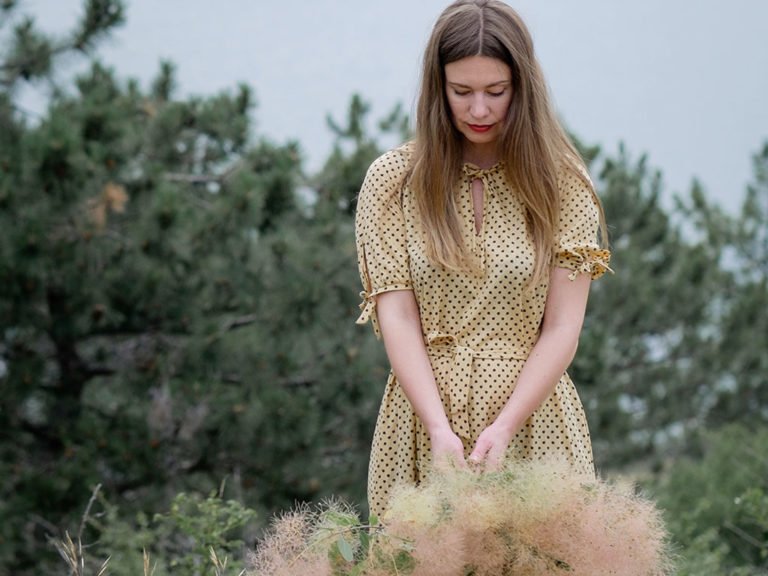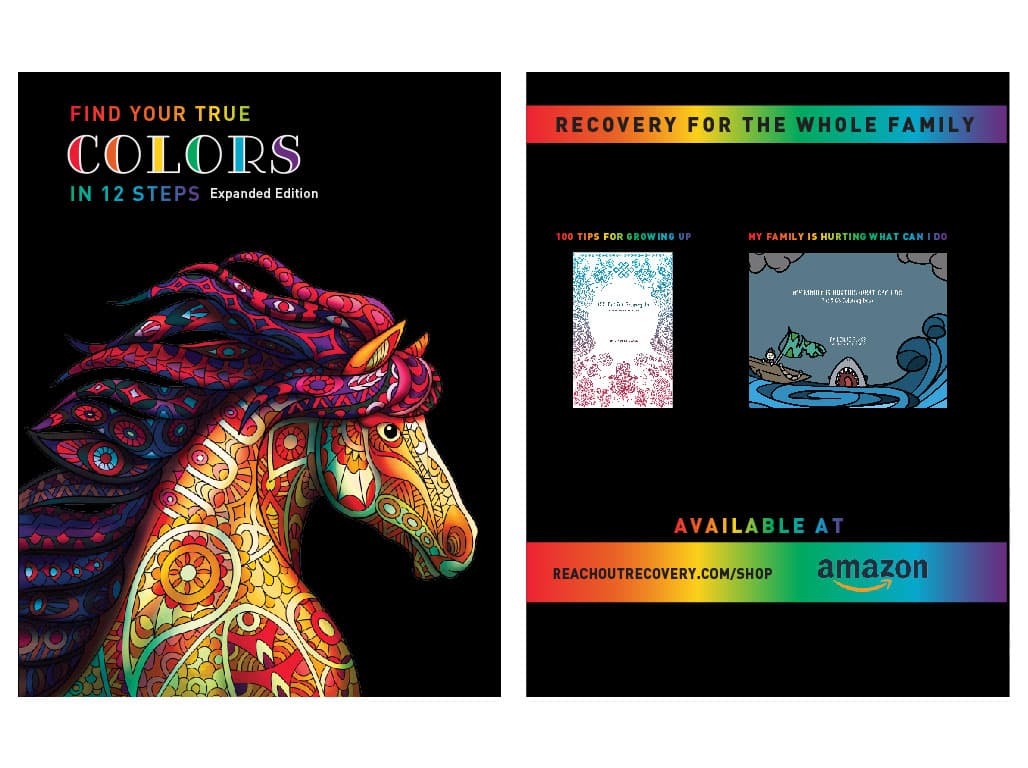For years I struggled with infertility and grew to hate Mother’s Day. For many people, Mother’s Day isn’t a happy brunch with a sappy card. It’s sadness, regret, division, resentment, worry, and grief. Those are my people. Here’s why I hate Mother’s day.
Years ago, a few well-meaning men from my small rural church said, “Everyone wants flowers, right? Let’s get our women-folk a geranium to say thanks for their year of hard-work.”
For seven years, I struggled with infertility. Some years, I was denied a flower. “They’re only for the moms.” Other years, it was an awkward parting gift, “Uh…Betty Lou wasn’t here today, so you can have hers.” When I saw those stupid flowers for all the moms, I wanted to uproot the table and start throwing plants at the clueless men who bought them. Finally, I quit going to church on Mother’s Day.
Mother’s Day: Co-dependency Makes Everything Worse
This memory left deep emotional wounds. When I look back, I see how my co-dependency intensified and extended my suffering. I took everything personally and I refused to accept the reality that I couldn’t have a baby the way I wanted.
Mother’s Day: I Didn’t Have Control
Co-dependents thrive on controlling the situation because control gives the illusion of safety. I had NO control over my infertility. Infertility treatments include lots of hormones. Some drugs were given as shots. Doctors determined on which days the treatments started, and one treatment coincided with my vacation. I gave myself shots in the airport bathroom. In addition I was amped up on a hormone cocktail. All this reminded me I could not control how I would become a mother. I was on an emotional rollercoaster.
Mother’s Day: I Didn’t Have A Voice
In recovery I have learned to speak up when I have something to say. When I was hurt by my small rural church’s good intentions, I didn’t have the courage to speak up. I felt like a victim. Before infertility, church was my refuge, but my heartache distorted the messages. With my codependent ears, all I heard I was to keep praying, keep believing, and keep quiet. Don’t make waves. Don’t speak up, argue or complain.
Mother’s Day: I Didn’t Have A Support System
My infertility was a heavily guarded secret. I was embarrassed to be infertile. On a Friday afternoon before Mother’s Day, I had my first of four infertility surgeries. I swore my boss to secrecy and told none of my coworkers. I didn’t tell my grandparents. Mostly, I didn’t want to answer questions or give updates. Plus, I couldn’t speak about it without bawling. This was another example of my co-dependency. I isolated myself from any potential support system. Co-dependency taught me to rely on myself. I put up walls to stay safe and quit trusting others. I expected disappointment and told myself, “No one cares.” At the time, I thought this eased my pain. Instead it magnified it. I was alone with my desperation to have a baby.
Adoption And Recovery Brings Healing On Mother’s Day
I am still processing the deep wounds left by my years of infertility. Mother’s Day continues to trigger me even though my husband and I eventually adopted. Today, I am blessed to have a child. He healed many of my infertility wounds, but I still hate Mother’s Day. I still struggle to accept all the pain and suffering I went through trying to get pregnant, only to be told that was not an option. I know there are other women like myself who avoid the card aisle once a year. My recovery has taught me the slogan, “Easy Does It.” I spend the day home with my husband and son and they enjoy spoiling me with gift and flowers. I still don’t go to church.
Did you know the 12 Steps, which have helped millions find recovery, can also help their loved ones find peace and serenity? Check out our latest book, Find Your True Colors In 12-Steps.






















